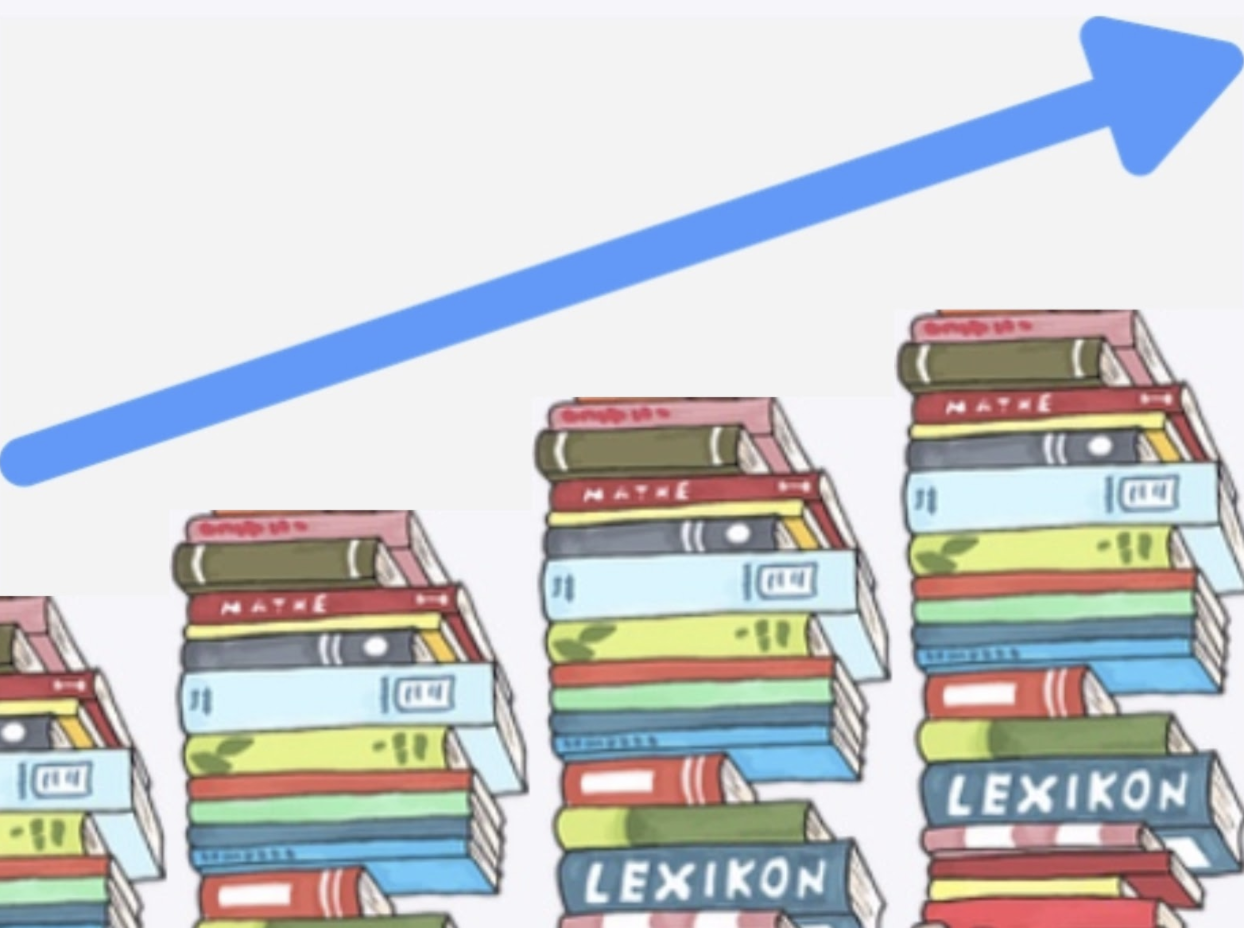
Summer reading lists are known for fun and relaxation. Additionally, this time can also be used as a creative learning experience. Whether you are interested in skill acquisition, self-reflection, or seek to expand your awareness, here are few tips on how to find the best book for your interests and goals.
- First, prioritizing your reading goals will help to narrow your search. For example, let’s say you want to learn more about the autism spectrum. Why do you want to learn more? Are you simply interested in expanding your awareness by reading from someone’s personal perspective, or are you more focused on learning about autism in education? Clarifying your goals in your reading will help you to find more resources on what you need.
- There are a plethora of resources available today; however, it is important to distinguish between academic and researched material from the purely personal. You will also find that even if a book is reliable, it may not fit your reading style. When researching a book that fits your needs, it can be helpful to do some background research on authors that fit your taste. For example, I love reading books from Malcolm Gladwell; by simply looking up “authors similar to Malcolm Gladwell”, I have found other authors with similar writing styles on different topics.
- When it is time to obtain a book, there are many resources you can use to find written and audio books. Libraries are often the best resource, and like schools, often offer access to outside resources. Also, I often like to use free resources such as Project Gutenberg, Open Library, and AudioSync to browse for books.
- After a while of researching and reading books, you will start to find that the best books just seem to come to you. This is for a few reasons. One, you are better at researching, and you will have quicker access to library catalogs, search engines, and person-to-person recommendations. Secondly, by constantly exposing yourself to writing that you like (and don’t like) you will start to develop gut feelings that will help you to find books that work for you. These ‘gut feelings’ involve understanding how books are marketed towards certain audiences, both through design and summary wording. This internal analysis will ultimately be one of your best guides in choosing books that cater to your desired individual growth.
